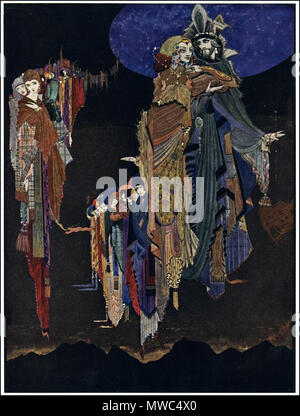
If the Colloquy looked forward to the era of Reconstruction, it also shed light backward onto slavery.

Lynch would rise to prominence in Mississippi's Reconstruction, serving as secretary of state and winning a reputation, in the words of a white contemporary, as "a great orator, fluid and graceful," who "stirred the emotions" of his black listeners "as no other man could do." Most of the other Colloquy participants would play major roles in the consolidation of independent black churches, one of the signal developments of the postwar years.

James Porter, an Episcopal vestryman, before the war operated a clandestine and illegal school for black children, who "kept their secret with their studies at home." He would soon help to organize the Georgia Equal Rights Association, and, like Houston, become one of the era's black lawmakers. He would go on to take part in the statewide black convention of 1866, where representatives of the freedpeople demanded the right to vote and equality before the law, and to serve in the state legislature. Houston, who had worked as a house servant and butcher while in slavery, had since 1861 been pastor of the city's Third African Baptist Church. The group that met with Sherman and Stanton, mostly Baptist and Methodist ministers, included several men who had already achieved prominence among Savannah's African American population and who would shortly assume positions of leadership in Reconstruction. But in its deeper significance, the discussion, conducted in a dignified, almost solemn manner, revealed how the experience of bondage had shaped African Americans' ideas and hopes at the moment of emancipation. The immediate purpose was to assist Union authorities in devising a plan to deal with the tens of thousands of slaves who had abandoned Georgia and South Carolina plantations and followed his army to the city.

The meeting, which took place in the house where Sherman had established his headquarters in Savannah, was the brainchild of Secretary Stanton, who, the general later recalled, "seemed desirous of coming into contact with the negroes to confer with them." It was Sherman who invited "the most intelligent of the negroes" of the city to the gathering. One of the most remarkable interchanges of those momentous years, the "Colloquy" between Sherman, Stanton, and the black leaders offered a rare lens through which the experience of slavery and the aspirations that would help to shape Reconstruction came into sharp focus.


 0 kommentar(er)
0 kommentar(er)
